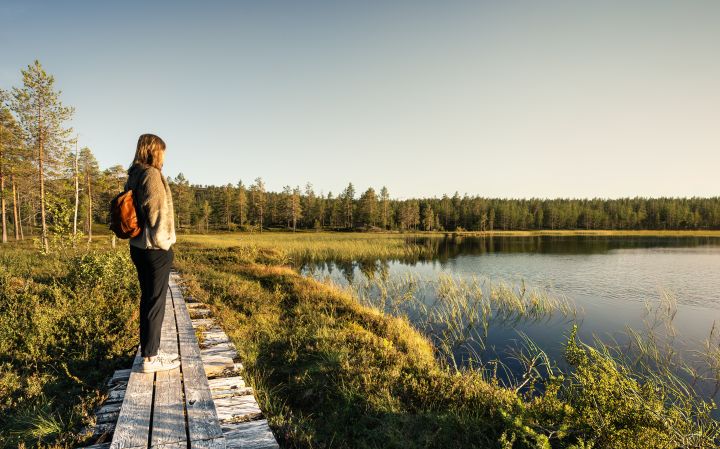In a groundbreaking move, Sweden has become the first country to allow doctors to prescribe nature-based therapy to patients. This innovative approach aims to enhance mental and physical health by encouraging individuals to spend time in natural environments.
The new initiative recognizes the therapeutic benefits of nature, such as stress reduction, improved mood, and increased physical activity. Medical professionals can now recommend outdoor activities like hiking, forest bathing, or simply spending time in parks as part of treatment plans.
This policy is rooted in extensive research demonstrating the positive impact of natural surroundings on health. Studies have shown that exposure to green spaces can lower blood pressure, reduce anxiety, and boost immune function. By integrating nature prescriptions into healthcare, Sweden hopes to promote healthier lifestyles and reduce reliance on medication for certain conditions.
The concept of prescribing nature is not entirely new but has gained momentum as part of a broader movement towards holistic and preventive healthcare. In Sweden, this approach is supported by government agencies, healthcare providers, and environmental organizations working together to facilitate access to natural areas.
Patients may receive tailored recommendations based on their health needs and local environment. For example, urban residents might be encouraged to visit nearby parks or participate in community gardening, while those in rural areas might be advised to explore forests or lakes. The goal is to make nature accessible and appealing as a form of therapy for everyone.
Experts believe that this initiative could serve as a model for other countries seeking to integrate nature into healthcare systems. By formally recognizing the health benefits of the outdoors, Sweden is pioneering a new approach that emphasizes prevention, well-being, and environmental stewardship.
Overall, the move reflects a growing understanding of the interconnectedness between human health and the natural world, highlighting the importance of preserving green spaces for future generations and public health.
